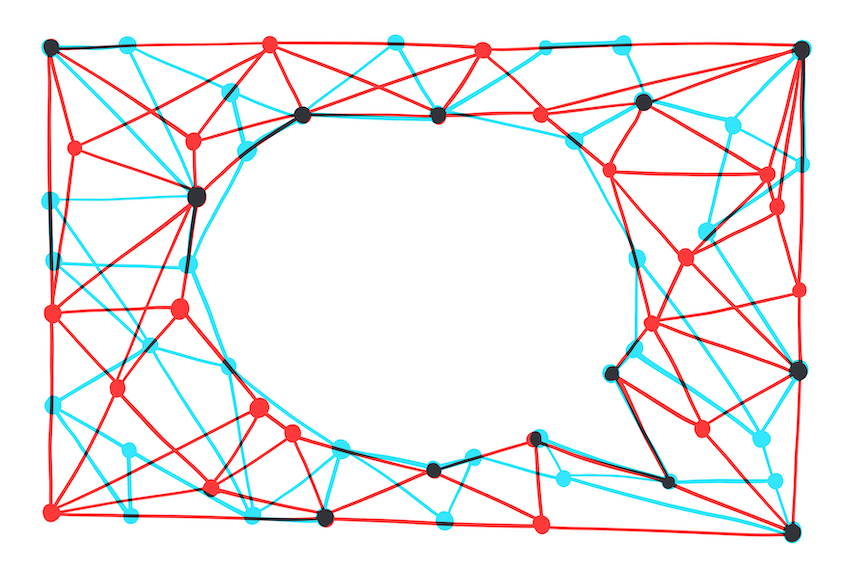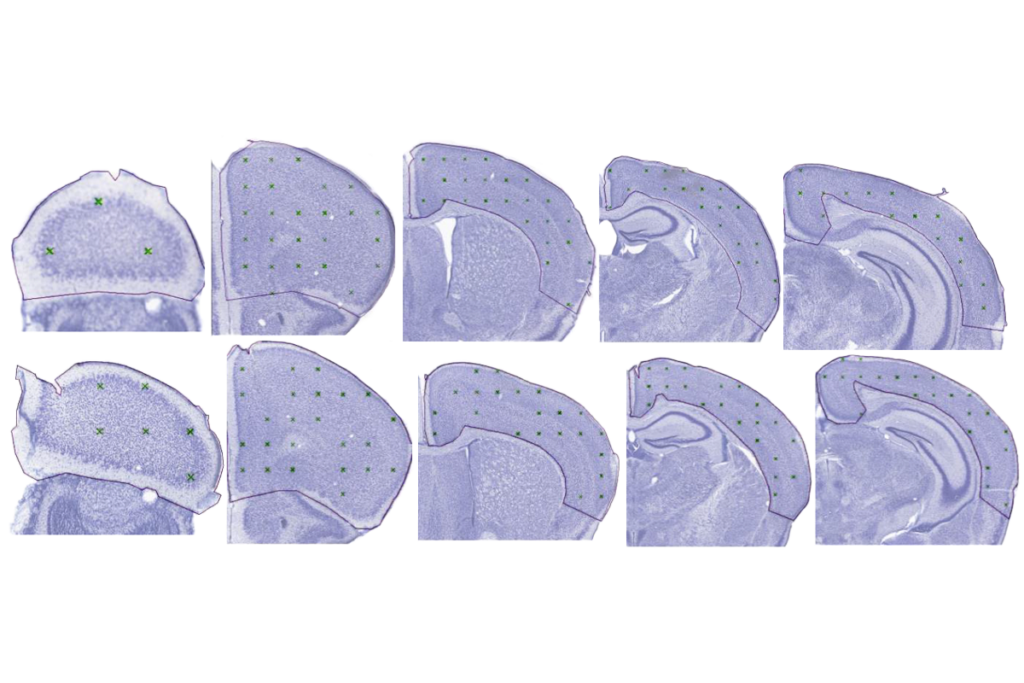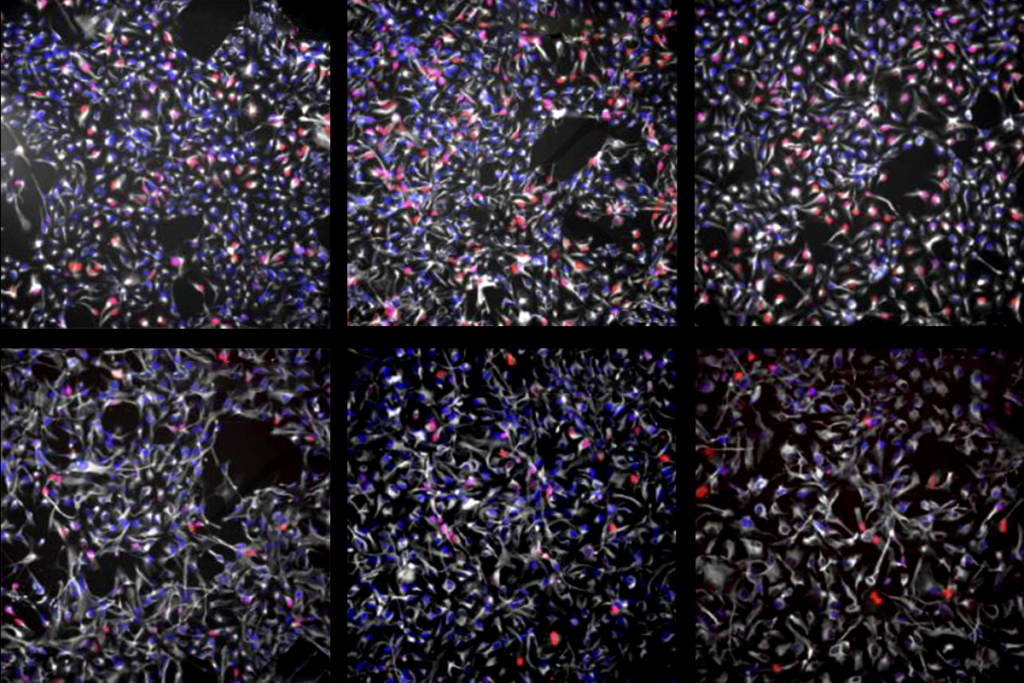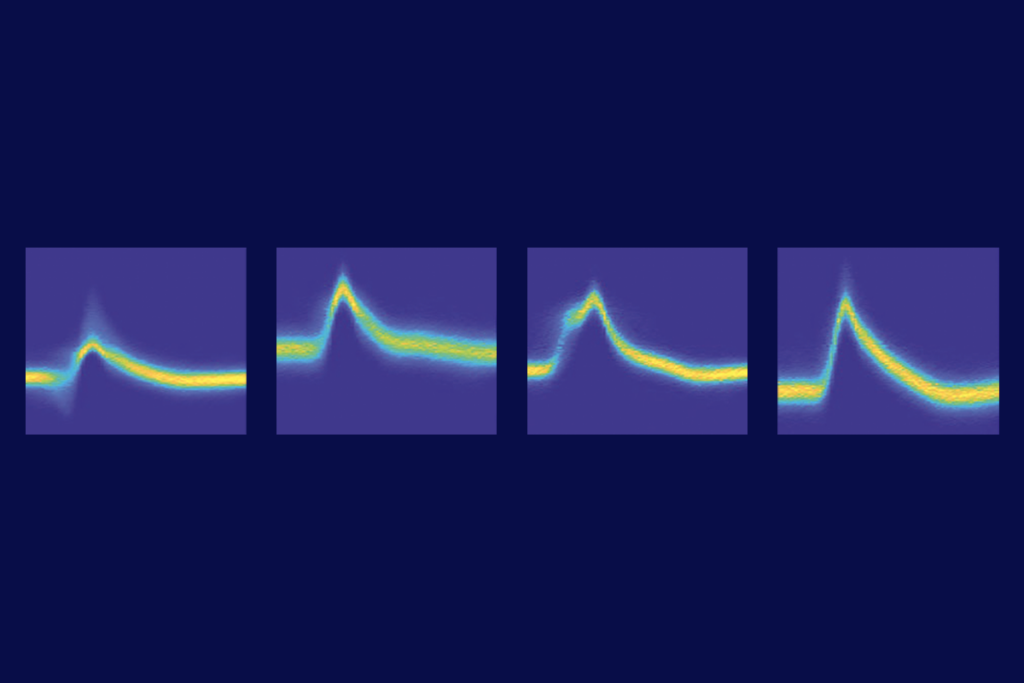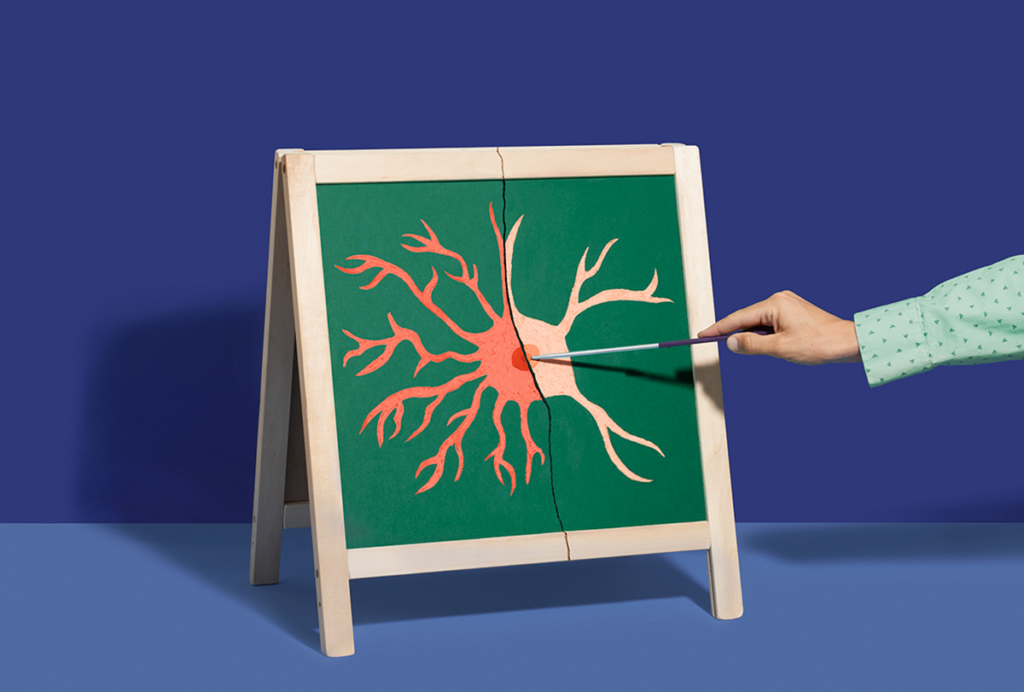Raw data drive scientific progress — and increasingly so. Yet the ubiquitous data availability statements in most research papers are useless, according to a new analysis that got a lot of Sci-Twitter attention this week.
The vast majority of more than 2,000 authors who wrote that their data were available upon request “did not respond or declined to share” it, tweeted Livia Puljak, professor at the Center for Evidence-Based Medicine and Health Care at the Catholic University of Croatia in Zagreb, about her new work.
Our new study shows that data availability statements are not very useful; 1670 (93%) authors who indicated that data are available on request either did not respond or declined to share their data with us. Journal of Clinical Epidemiology: https://t.co/4IT2Dgphl4 pic.twitter.com/vZBIlawICg
— Livia Puljak (@liviapuljak) June 7, 2022
The tweet garnered more than 4,000 retweets and 700 quote tweets in a day. Some pointed fingers at journals for lax enforcement of their data-sharing policies. Others, including Daniel Kleinman, research scientist at Haskings Laboratories at Yale University, called on reviewers to push authors toward better open-data practices.
You will never have more power to enforce open data practices than you do as a reviewer. I regularly tell authors that “data available upon request” is insufficient; others should too. It can be a lot of work to clean/post data & code; make the request when authors are motivated! https://t.co/78EBzHeimg
— Dan Kleinman (@dankleinman) June 8, 2022
A lack of surprise featured in many of the tweets, including one from Rachel Buckley, assistant professor of neurology at Harvard University. But Buckley did also express some hope that things might change, at least for medical research communities in the United States.
Disappointing but unsurprising given how hard it is to put together robust data sharing protocols. Given what is now required with data sharing policies with NIH I’m very optimistic that this will change, at least in US medical research communities https://t.co/HNXObpN2Tx
— Rachel Buckley ???????????????? (@bucklr01) June 8, 2022
Beyond peer-review pressure and rule changes, open-data repositories and initiatives such as the Open Science Framework also stand to boost data-sharing, tweeted Kurt Gray, associate professor of psychology and neuroscience at the University of North Carolina at Chapel Hill.
This is why OSF and other data repositories are essential!???? https://t.co/RmiZpnVAab
— Kurt Gray (@kurtjgray) June 8, 2022
A series of retweets and quote tweets similarly trailed an “inaugural paper” alert from Cornelius Gati’s new lab at the University of Southern California in Los Angeles. The assistant professor of biology shared a thread about the new work on GABA reuptake inhibition, replete with a virtual flythrough loop showing how the anticonvulsant drug tiagabine binds to a human GABA transporter.
Proud to present our lab’s inaugural paper out @nature: ‘Structural basis of GABA reuptake inhibition’, showing the cryoEM structure of human GABA transporter 1 (wildtype, 60 kDa/12 TMDs, NO Fab/Nb) bound to anticonvulsant tiagabine. ???? #GAT1 #NomenEstOmen https://t.co/WYNzrF5SUX pic.twitter.com/S4IlixrYk3
— Cornelius Gati (@CorneliusGati) June 8, 2022
“Many congratulations to the Gati Lab @CorneliusGati for this beautiful work,” tweeted Hamidreza Shaye, postdoctoral researcher of molecular and cellular physiology at Stanford University in California, who worked on the team.
Many congratulations to the Gati Lab @CorneliusGati for this beautiful work published in @Nature and a special shout out to @ZeniaMotiwala. It is my great pleasure to be a part of the team. It is a must read paper! https://t.co/R5R95NYhpa
— Hamidreza Shaye (@Hamidrezashaye) June 8, 2022
“Fantastic work!” tweeted Vikas Navratna, research investigator at the Life Sciences Institute at the University of Michigan in Ann Arbor.
Fantastic work! GAT1 is one of the most important inhibitory neurotransmitter transporter that has not been studied by structural biology thoroughly. https://t.co/g4xaxIHqax
— Vikas Navratna (@vikasnavaratna) June 8, 2022
We’ll leave you this week with the mental image of a peer reviewer duel, courtesy of Kristen Bottema-Beutel, associate professor of teaching, curriculum, and society at Boston College in Newton, Massachusetts, who tweeted about “Taking my reviewer 2 status to new heights.”
Taking my reviewer 2 status to new heights– using the context of a second round review to challenge reviewer 1 to a duel, and implore the author to reverse all the changes they made on reviewer 1’s behalf ????
— Kristen Bottema-Beutel (@KristenBott) June 6, 2022
That’s it for this week’s Community Newsletter! If you have any suggestions for interesting social posts you saw in the autism research sphere, feel free to send an email to [email protected].
Follow us on Facebook, Twitter (@Spectrum), Instagram and LinkedIn.
Subscribe to get the best of Spectrum straight to your inbox.
